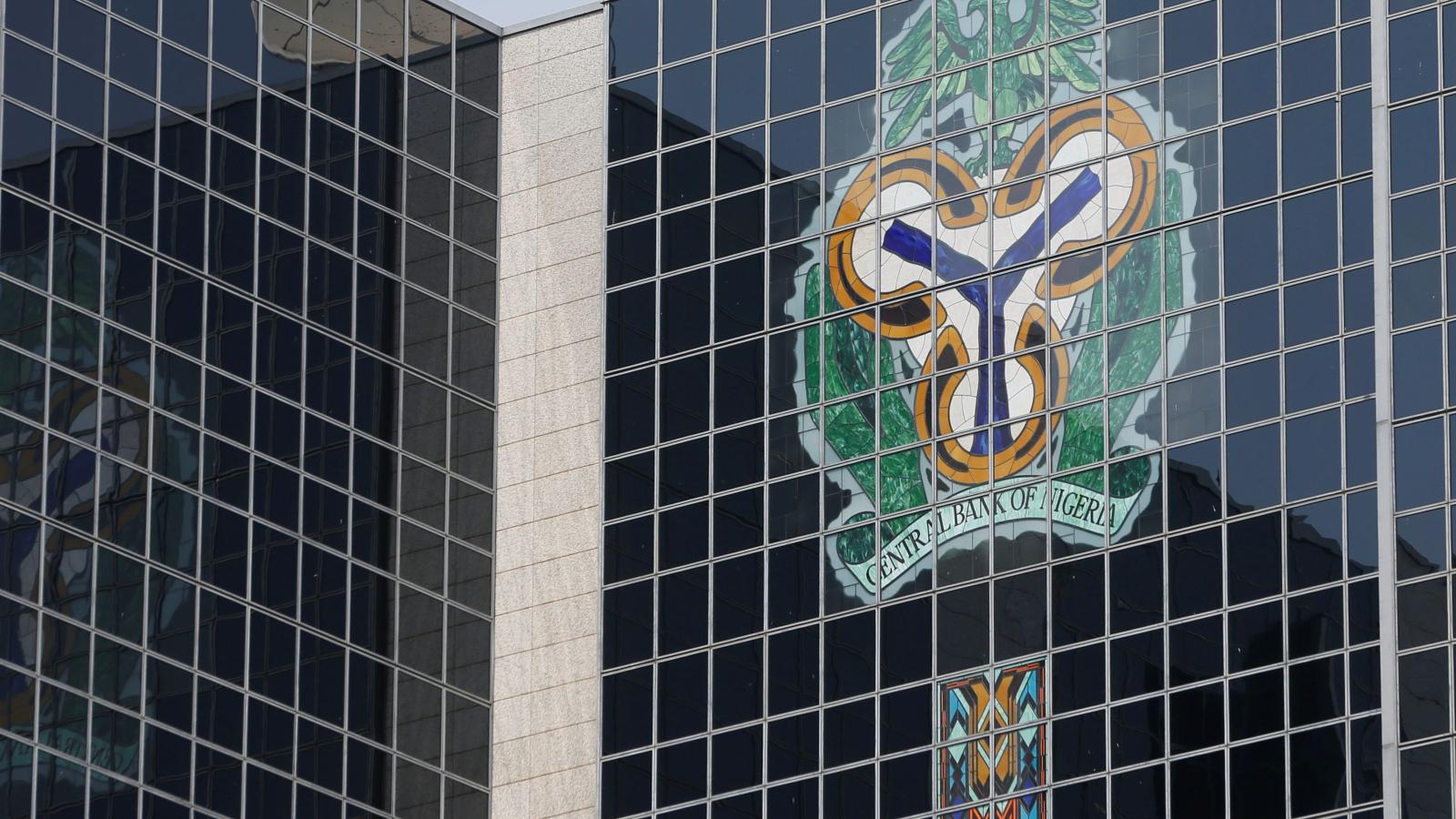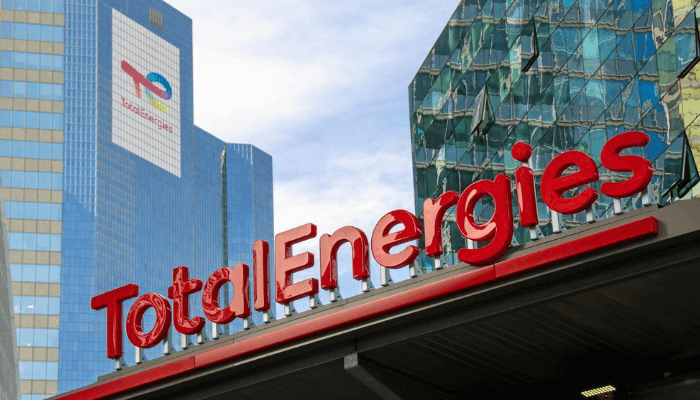At Oshodi Flyover, where the chaos of Lagos once reigned supreme, the air now carries the scent of something rare—order. The shanties are gone, the illegal stalls dismantled, the once-clogged passage now breathes. Credit for this transformation goes to one man: Tokunbo Wahab, the city’s quiet enforcer.
Wahab’s cleanup operations are swift, decisive and relentless. Under his watch, spaces like Oja Oba and Adeniji Adele have been reclaimed, pushing back against the creeping encroachment that once made them impassable. Where some see displacement, Wahab sees restoration, which is why Lagos is returning to its rightful state.
Elegbata Bridge in Apongbon tells a similar story. Makeshift homes, long tolerated, were cleared out, removing a ticking hazard from the city’s landscape. These areas, once havens for filth and disorder, have been forced into compliance. Wahab’s approach isn’t merely about cleaning streets; it’s about resetting the balance of the city itself.
Some have labelled his methods as unsparing, but in a city where governance often blinks in the face of urban decay, Wahab does not. He understands that Lagos, with its swelling population and unrelenting expansion, cannot afford to be run on sentiment. The streets belong to everyone, not just those bold enough to claim them.
The resistance was predictable. Protests were scheduled, voices were raised, but Wahab’s stance remained unmoved. The city’s survival depends on his ability to impose order, and that order cannot be negotiated.
Across Lagos, the changes are beginning to settle in. Pedestrian bridges are no longer just decorative; they are in use. Major roads, once swallowed by illegal markets, have re-emerged. And through it all, Wahab’s steady hand remains, ensuring that this progress does not become a fleeting moment but a permanent shift.



